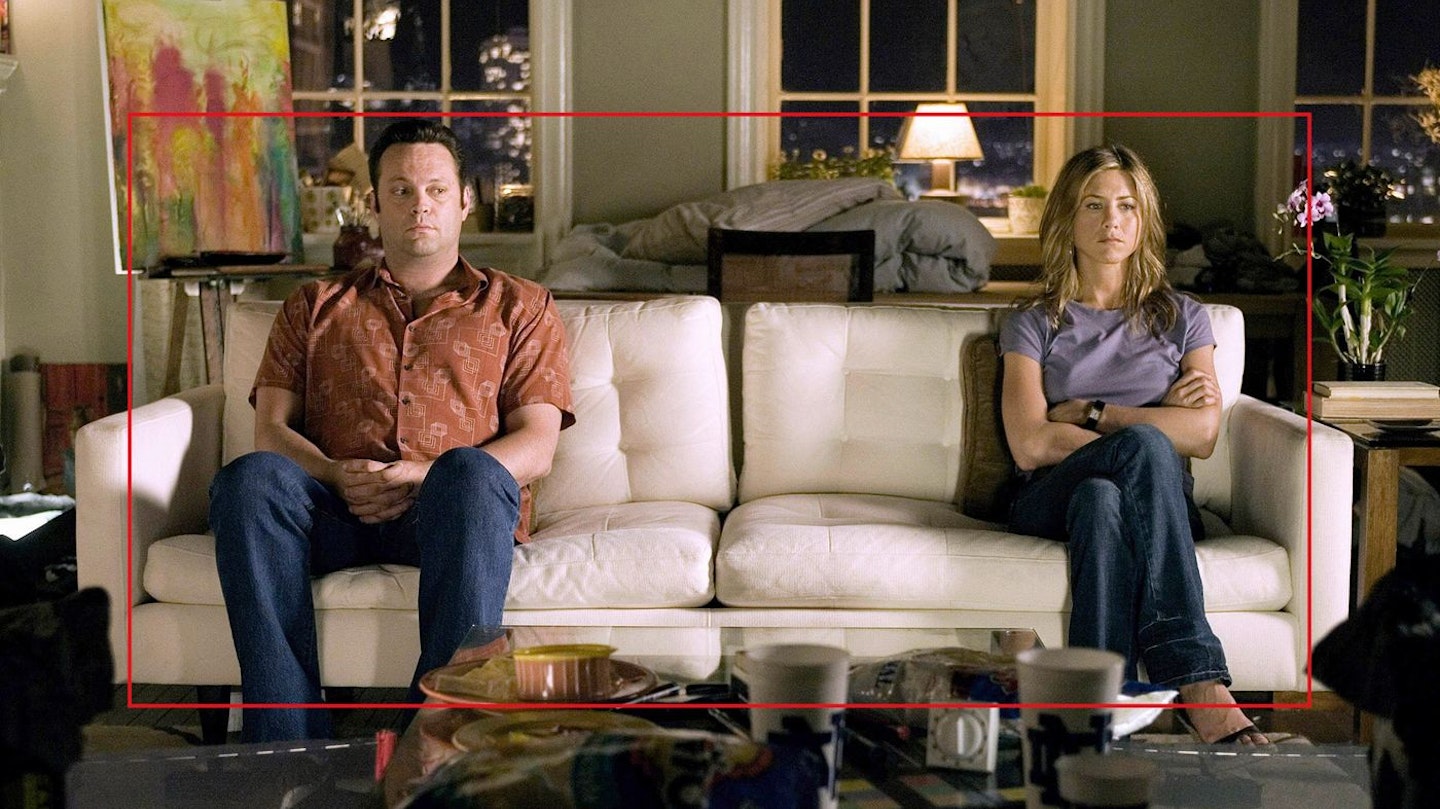Usually a term reserved for whenLove Island is on air, gaslighting is one of those buzzwords that goes viral every so often. The term is usually used in the context of abusive relationships, but more and more it has been used in a wider sense – and is often referred to by some commentators when talking about US President Donald Trump and the frustrations around the dissemination of fake news.
What is gaslighting?
Counselling Directory Member Valerie Ann Adams says: ‘It’s a form of mental abuse where a person makes the other feel as if they’re losing their mind, or at least question themselves and doubt themselves.’
Why is it called gaslighting?
The term originated from the 1938 play Gas Light by Patrick Hamilton, about a woman whose husband slowly manipulates her into believing that she is going insane.
How does gaslighting make people feel?
People report feeling furious and frustrated. But Adams says gaslighting can be devastating when used as a form of abuse in relationships.
‘It has a huge affect, people lose trust in themselves, their self-esteem drops, their self-confidence drops,’ she says. ‘They feel there’s something wrong with them, they begin to believe what the abuser is saying. They may not want to go out, leading to isolation and loneliness and poor mental health in general.’
Why do people gaslight others?
Speaking in the context of relationships, Adams said: ‘It’s a form of trying to gain power over people. It’s often to cover up one’s own inadequacy. It’s very common with a particular type of narcissitic personality. Narcissists who have quite empty insides. They have a low self-esteem and an inflated sense of themselves. So they’re having to make efforts to make themselves look good and so to keep themselves feeling good, they put others down so they have power over them. They feel better because the other person feels diminished.’
How can you combat gaslighting?
‘It would be to leave someone, but it’s not that easy,’ says Adams. ‘It’s a slow-process, subtle to begin with. They’ll put you down, then maybe give praise, so you think they’re alright, only to be put down again. So it’s an insidious process where you think, “I’m wrong, I’ll try harder to please this person.” But it’s to no avail. So by the time they seek help, it’s been going on for some years usually. So it’s not easy for people to walk.’
How can you recognise it if you’re being gaslit?
‘You begin to question and doubt yourself,’ says Adams. ‘This person is projecting – what they say to the other person, really they’re talking about themselves, putting it on that person. So people should be alert of doubting themselves.'
READ MORE: Love and Life in Lockdown
Coronavirus: Relationships
 1 of 9
1 of 9How To Maintain Your Dating Life In A Lockdown If You're Single
 2 of 9
2 of 9The Six Best Ways To Overcome Your Fear Of Video Dating
 3 of 9
3 of 9Love Lockdown? Not According To Tinder
 4 of 9
4 of 9What It’s Like To Break Up With Someone Over Zoom?
 5 of 9
5 of 9‘I Didn’t Think I Could Actually Feel Happy In This Shit Show Of A Year...’ How It Feels To Get Engaged In Lockdown
 6 of 9
6 of 9Emily Atack: Isolating When You're Single
 7 of 9
7 of 9The Real Reason Your Ex Is Back In Touch
 8 of 9
8 of 9Are People Really Having So Much More Sex There'll Be A Lockdown Baby Boom?
 9 of 9
9 of 9